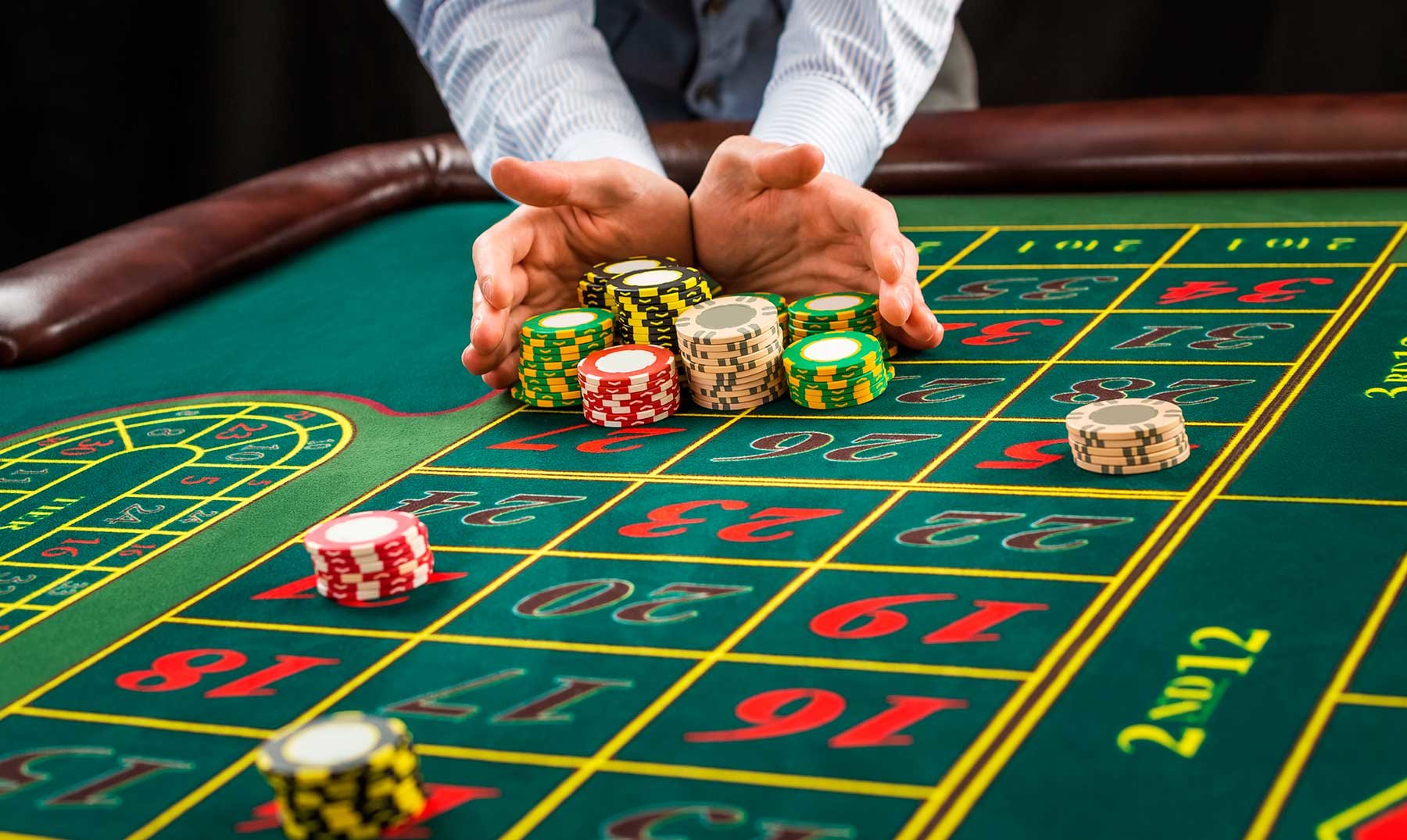Gambling games have long captured the interest of people around the planet, becoming an integral part of both entertainment and culture. From the sparkling lights of the Vegas Strip to the engaging experience of internet gambling, these experiences evoke excitement, danger, and sometimes even a sense of sentimentality. They are beyond just pastimes; they have woven themselves into the tapestry of human experience, influencing everything from movies and melodies to fashion and writing.
The allure of casino games surpasses the betting aspect, tapping into wider themes of luck, risk, and social interaction. As players gather around a card table or spin the wheel of fortune, they engage in an ancient ritual that resonates with our communal desire for thrill and uncertainty. This fascination has led to the emergence of many references in movies, songs, and gaming, showcasing how intensely entrenched these activities are in pop culture. Whether it is the high-stakes tension of a traditional robbery film or the lively nightlife portrayed in videos, casino games have established a substantial role that reflects our bond with risk and reward.
Cultural Impact of Gambling Games
Casino games have played a crucial role in social aspects throughout the ages. Originating from old civilizations, games of chance were often linked to ceremonies or gatherings. For instance, early forms of these activities can be linked back to historic China and the Roman Empire, where die games and wagering on outcomes were popular pastimes. These activities not only served as entertainment but also as means of connecting people, facilitating connections among people within communities.
As cultures evolved, so did the sophistication and structure of gambling games. The establishment of official casinos in the 17th century, particularly in the Italian region, marked a major shift in how games were viewed and organized. With specific spaces for gambling, the casino became a community center where people from different backgrounds gathered. This evolution contributed to the legitimization of gambling, transforming it from a mere pastime into an established industry that influenced the economy and policy.
The effect of gambling activities on popular culture cannot be overlooked. As they were brought into the limelight in literature and film, games such as Texas Hold’em and blackjack became symbols of chance, luck, and strategy. Iconic figures and narratives have emerged around these activities, reflecting societal views towards fortune, wealth, and vice. This interest with gambling activities has infiltrated various forms of media, solidifying their status in the public imagination and connecting them to wider cultural stories throughout history.
Representation of Gambling Games in Entertainment
Casino games have long been a popular theme in different types of entertainment, reflecting both the thrill and complexities of the world of gambling. Films such as Ocean’s Eleven and Casino Royal portray individuals who navigate intense situations, showcasing not only the allure of the casino atmosphere but also the methods and decisions that come with playing popular games like Texas Hold’em and 21. These movies often dramatize the exhilaration of winning and the potential results of losing, encapsulating the dangers involved in betting.
TV programs have also explored the universe of casino games, often integrating them into the storyline as a backdrop for story progression and drama. Series like Las Vegas depict the lives of gambling employees and customers, highlighting the lively, often chaotic energy of the casino floor. Reality shows featuring high-stakes betting contests further emphasize the appeal of casino games, drawing viewers into the drama and strategy involved in each session. Through these depictions, media not only engages but also sparks conversations about luck, expertise, and the essence of chance.
Digital games have increasingly included gambling activities into their design, allowing players to experience the experience of betting without monetary loss. Games within the landscape of digital gaming often include online slot machines, online poker, and other popular casino games, creating an immersive gameplay that mirrors traditional gambling. These digital representations make gambling activities accessible to a worldwide viewer base, appealing to both gamblers and those who enjoy the excitement of simulation. As a result, the representation of casino games in media continues to shape public perception and cultural significance, highlighting their place in entertainment and social context. Kubet
Impact of Gambling Activities on Society
Casino games have a meaningful effect on society, influencing multiple aspects of culture and social behavior. They often function as a venue for community engagement, where people come together to enjoy a common experience. Game nights with friends or visits to casinos become social activities that foster connections and create memories. This communal aspect enhances the entertainment value of gambling activities, making them a popular choice for celebrations and recreational pursuits.
Moreover, casino games have been depicted in countless films, television shows, and written works, shaping perceptions and opinions towards gambling and betting. Icons like James Bond playing baccarat or the high-stakes poker scenes in films have cemented these games in the collective imagination. This representation often glamorizes the lifestyle associated with gambling, attracting new players and influencing trends in both fashion and conduct. These portrayals can spark curiosity and lead to a deeper investigation of the intricacies of gaming.
However, there are also adverse implications linked to the widespread appeal of gambling activities. The allure of quick monetary gain can lead to problem gambling and financial troubles for some people. The community must grapple with these issues, advocating for responsible gaming and education of the risks involved. Finding a balance between the fun aspect of casino games with the potential for harm is vital to ensure that they remain a beneficial aspect of our societal fabric.
